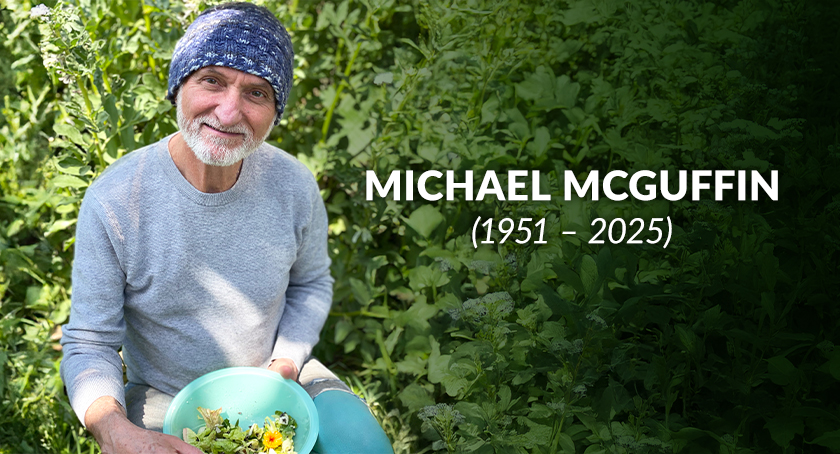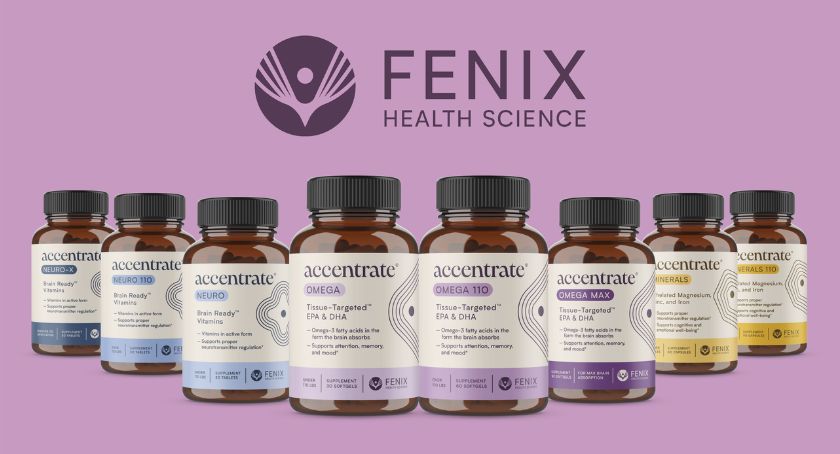Editorial
What’s the ROI of Evidence-Based Dietary Supplements?
Facing inflation consumers want clinically effective products.

By: Sean Moloughney
Editor, Nutraceuticals World

Whether they are dedicating themselves to a healthy diet and exercise program, consulting with their doctor about a GLP-1 drug for weight loss, or cutting back on alcohol consumption, more people are prioritizing their wellness, including younger demographics.
Expanding on McKinsey & Company’s research about the future of wellness, Partner Anna Pione said during a recent episode of The McKinsey Podcast that healthy aging remains a priority from both a societal and consumer perspective.
“The old-age dependency ratio will have tripled between 1950 and 2050,” said Pione. Both improving quality of life and managing age-related diseases will be critical. To do that, “we’re really going to need a holistic approach to move the needle,” she added.
For consumers, more than 60% of people have said it’s extremely or very important to purchase longevity products, and 70% are planning to buy more in the future. What aspects of health, wellness, and longevity are people prioritizing?
Pione noted 60% of consumers are seeking a weight management solution and over half of them are looking to lose 10 or more pounds. More than 80% of consumers in China, the UK, and the U.S. consider gut health to be important, and over half anticipate making it a higher priority over the next few years, Pione added.
Sleep continues to be a challenge, with no dominant product or player emerging. “The challenge we’ve seen,” Pione said, “is just the sheer number of factors that can affect a good night’s sleep. You have diet, exercise, caffeination, screen time, stress, and other lifestyle factors … it’s really hard for any one brand to bring an offering to the market that helps consumers move the needle across all of those things.”
So there remains a “massive opportunity” for companies to develop and deliver a comprehensive, holistic solution for that complicated equation.
Meanwhile, momentum for women’s health continues to build. “We’ve seen that the women’s health space has been historically underserved and underfunded,” Pione said. “But more recently, we’ve been seeing much more focus and interest and awareness of the importance of different subcategories — from menopause and period care to pregnancy and fertility and general women’s health.”
Dialogue about menopause in particular is advancing, and no longer taboo. “It’s a really underserved market,” and there’s more “willingness to discuss, invest behind, and normalize what women are going through during this stage. Therefore, it’s opened up a lot of opportunities for brands to come in and meet those consumer needs,” said Pione.
In 2020, global McKinsey research showed that consumers were more likely to say they’d prioritize clean and natural dietary supplements over clinical effectiveness, if they were forced to choose between the two.
But “the pendulum has really swung in the other direction,” said Pione. “The more recent research we saw is moving toward clinical effectiveness and science backing being the most important priorities that consumers have.”
Inflation and higher costs of goods have likely played a role in that as people want to see and feel a return on their investment. What’s that mean for brands in the nutraceuticals world? Invest, or double down, on research.
About the Author: Sean Moloughney has been the editor of Nutraceuticals World since 2012. He can be reached at smoloughney@rodmanmedia.com.




















